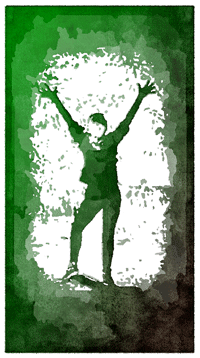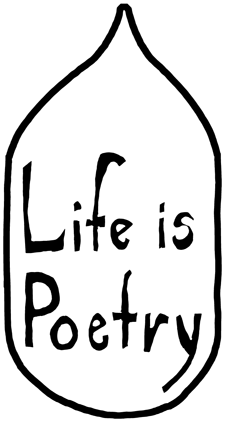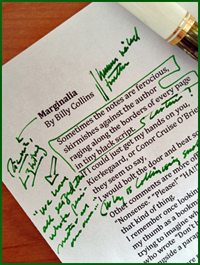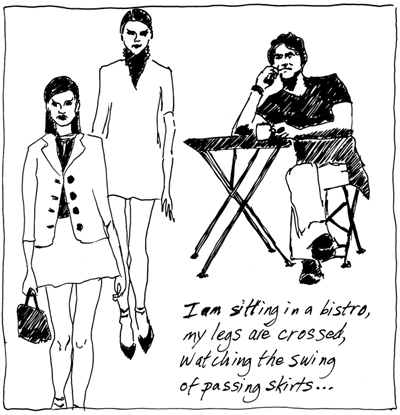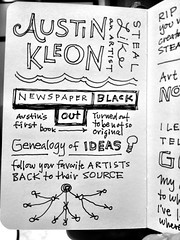
Mark Strand (Credit: The New Yorker)
I usually have no idea what I will say before I begin to write. This is especially true with poems, and only slightly less so with lectures or essays. I write to find out what I have to say—not what I have to say about a given subject, but simply what I have to say. ~ Mark Strand, Poetry in the World
Mark Strand died on Saturday. There are many tributes to recommend including the following:
What I Have to Say
That opening passage above says much for me, though I’m often overly confident about what I think I want to say before I start. I’m almost always mistaken. Overconfident. It takes me some struggling to admit it. Several revisions. Sometimes years. Often humbled, but still stubborn. At best I write through the hubris, break into uncertainty, risk, discovery, perhaps find what I have to say by revising, redacting, rewriting,…
And yet the lesson takes relearning. Again and again.
A Kind of Wonderment
Strand’s entire lecture/essay is worth reading. It’s a clever “inside out” way of wrestling with the challenge he’s been asked to tackle. It’s also a brave and honest reflection on the what and why of poems. A search for what the poet has to say. A search that never quite ends, never quite reaches its quarry.
It is a selfperpetuating search like chasing a mirage that deepens the poet’s (and the reader’s) appetite for, and receptivity to, wonder. It offers the possibility of feeling more alive.
When I read poetry, I want to feel myself suddenly larger … in touch with—or at least close to—what I deem magical, astonishing. I want to experience a kind of wonderment. And when you report back to your own daily world after experiencing the strangeness of a world sort of recombined and reordered in the depths of a poet’s soul, the world looks fresher somehow. Your daily world has been taken out of context. It has the voice of the poet written all over it, for one thing, but it also seems suddenly more alive… ~ Mark Strand, The Art of Poetry No. 77, 1998 (The Paris Review)
Thank you, Mark Strand, for searching for what you had to say. You have deepened our wonder and encouraged us to search for our own Holy Grails.
Related articles
- Mark Strand, 1934 – 2014 (theparisreview.org)
- Mark Strand, 80, Dies; Pulitzer-Winning Poet Laureate (nytimes.com)
- Mark Strand’s Last Waltz (newyorker.com)
- Mark Strand, Former U.S. Poet Laureate, Dies At 80 (huffingtonpost.com)
- RIP Mark Strand (themillions.com)
- AN EXPLANATION, From Poet Mark Strand (namelessneed.wordpress.com)
- Former US poet laureate Mark Strand dies, aged 80 (digitalspy.co.uk)
- In memory of Mark Strand [by Lera Auerbach] (bestamericanpoetry.com)
